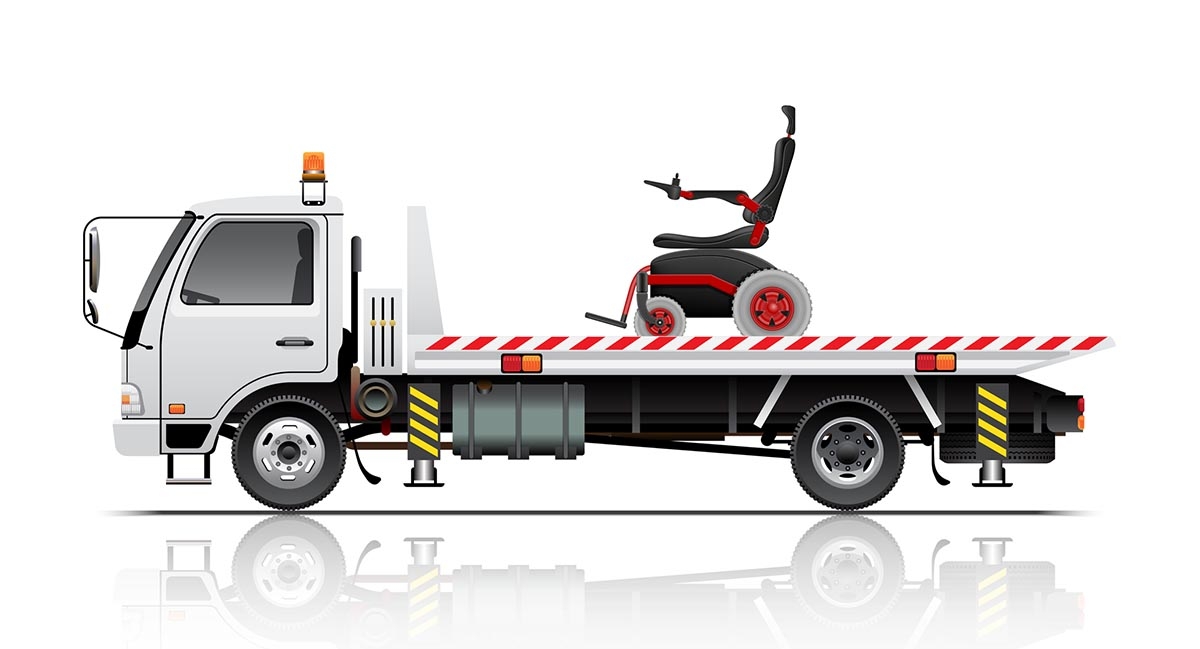Team Rubicon – Cleaning up Nature’s Chaos at Home and Abroad
When a 7.0 magnitude earthquake struck Haiti in 2010, it was among the most devastating natural disasters ever recorded. An estimated 160,000 people were killed, and hundreds of thousands were left homeless. In the wake of the catastrophe, American veterans made their way to the island nation to assist with rescue and clean-up operations.
The effort was the genesis of Team Rubicon, a volunteer organization of veterans who go where needed to assist with the dirty work in the aftermath of fires, floods, earthquakes and other natural disasters.
Talk to any military veteran, and they’ll make it abundantly clear that dirty jobs are part of their lifestyle. Time and time again, the American program has shown its merit, with over 150,000 United States veterans and civilians helping with disaster relief and humanitarian missions in 20 different countries, often on as short a notice as 20 hours.
Following the success in the United States, Canada launched its own branch of Team Rubicon. The group has the volunteer help of over 3,000 retired Canadian Forces veterans who play a crucial role in disaster relief and management across Canada.
Team Rubicon Canada is hosting a Salute to Service on Monday, October 2, 2023, in Ottawa to commemorate their 100th disaster relief effort since launching operations north of the border. Ottawa Life Magazine spoke to Paul McCarthy, vice chair of the organization, who described what they do, what makes them so effective, and how this group is using military skills to help others.
Team Rubicon goes only when invited to participate in operations and coordinates with other groups on the ground so they’re not impeding progress. Otherwise, as McCarthy points out, people showing up can add to the confusion and make a bad situation worse. The volunteers, or Greyshirts as they are called for the t-shirts they wear, bring specific skills to the table that civilian volunteers may not have.
One of the Greyshirts’ biggest assets is the ability to work in the chaos and pressure of challenging situations, which military veterans are uniquely adept at. McCarthy cites their operation in Lytton, BC, two years ago as a prime example. He says, “Most communities have somebody who is effectively responsible for responding to natural disasters.” But when wildfires destroyed much of Lytton on June 30, 2021, “nobody has ever been through it, and now when it (natural disaster) happens, the community is gone.” McCarthy states that despite the best intentions, the local person responsible for disaster relief doesn’t have the skill to react to damage that is so adverse.
After being invited to partake in the clean-up, Team Rubicon took charge of operations and stayed in Lytton for 90 days. McCarthy takes pride in the group’s response.
This summer’s wildfires in Nova Scotia also saw a large number of homes destroyed. McCarthy says losing one’s home or even one house in a neighbourhood can be devastating, but it can be crushing when an entire community is destroyed by fire. Team Rubicons’ no-nonsense approach to cleaning up and helping residents recover their belongings helps alleviate the chaos and pressure of the traumatic situation.
Team Rubicon’s international branch assists with disaster operations globally. American volunteers come to Canada to assist with operations, and Canadian volunteers head south to help American recovery efforts. The two organizations, under their international banner, have worked around the globe to assist those in need, including at the Polish-Ukrainian border, where they have provided medical aid and assistance to refugees fleeing war-torn Ukraine.
As Canada faces more and more natural disasters, former Canadian Forces General, Andrew Leslie, suggested that Canada needs a dedicated climate disaster response unit. Former federal Conservative leader Erin O’Toole agrees and recently commented on social media that Team Rubicon and its Greyshirts are the solution. He called for increased government funding for the group and said they would be “far more nimble than another government department” in their response to disaster while allowing the Canadian Armed Forces to focus on its main operational goals.
McCarthy concurs, pointing out that the Canadian Armed Forces have some capacity to respond to natural disasters, but says, “They’re not the perfect vehicle or tool to do these things.” He argues that the military’s operational goal is the foreign policy aims of the government, and keeping members of the armed forces on standby to deal with natural disasters within Canada comprises their ability to deploy or respond rapidly to international events.
Team Rubicon, on the other hand, is all volunteer and can be on the ground within 20 hours. The group, founded in 2017, has responded to over 100 natural disasters and humanitarian crises.
According to Bryan Riddell, CEO of Team Rubicon Canada, the October 2nd Salute to Service event in Ottawa is “a great opportunity for people to learn about our organization, about the incredible work our Greyshirts do and about our response capabilities – both now and in the future. It will bring together many of those in the disaster response space to discuss the continuum of needs and how best to align resources.”
To learn more about Team Rubicon, visit their website, team-rubicon.ca.











